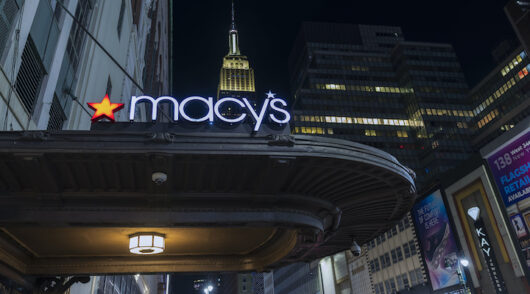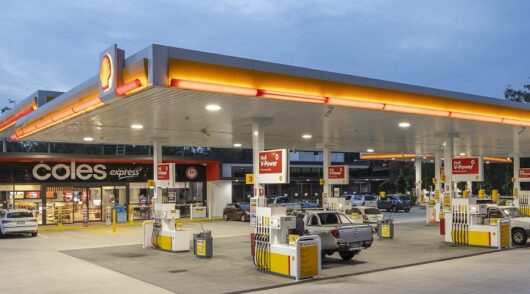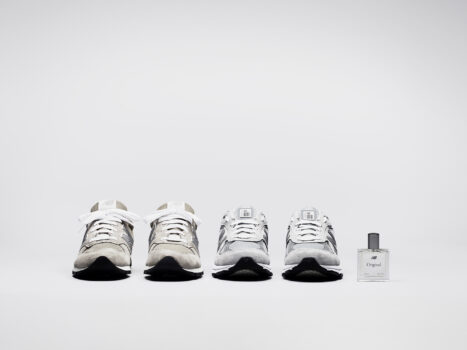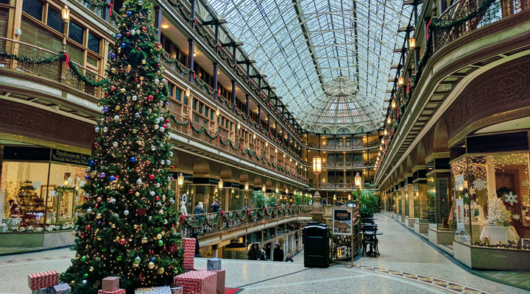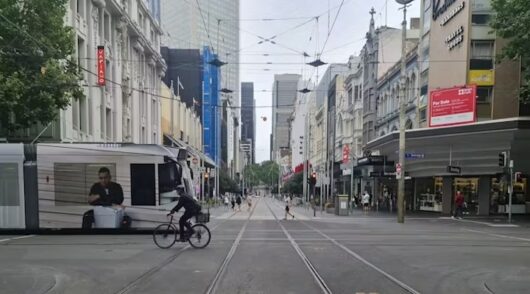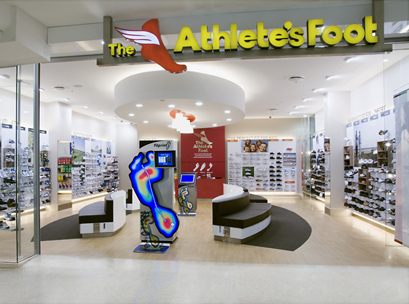 RCG co-CEO Hilton Brett believes his business is “better placed than most” to deal with market pressures from the arrival of Amazon and a tough consumer environment, having unveiled double-digit underlying earnings and profit growth to the market.
RCG co-CEO Hilton Brett believes his business is “better placed than most” to deal with market pressures from the arrival of Amazon and a tough consumer environment, having unveiled double-digit underlying earnings and profit growth to the market.
RCG has booked a 21 per cent increase in underlying net profit after tax (NPAT) to $39.9 million for the year ended 30 June, underpinned by a 30 per cent spike in earnings before interest, tax, depreciation and amortisation (EBITDA) of $78.3 million.
Net-profit declined 2.6 per cent to $29.2 million once the $9.7 million write-down of Hype DC the company previously announced is included.
Asked about the performance of Hype DC, Brett declined to provide individual EBITDA for the brand, but said trading performance from the recently-acquired brand was improving.
Subsidiary Accent Group, which includes Hype DC, recorded the strongest result, with like-for-like sales growth of 2.6 per cent driving a 57 per cent EBIDTA increase to $67.1 million, while The Athlete’s Foot (TAF) and own-brand retail sales lagged behind.
“The market today should read into the fact that we’ve been able to get a very clear unified position in the business … we’ve brought three businesses together and have a very clear vision,” Brett told Inside Retail on Monday morning.
“It’s a challenging environment … the consumer is under pressure considerably due to low wage growth and power prices, but our business is very well placed to drive growth because of all our initiatives around multi-channel and the investments we’ve made in new stores,” he said.
TAF was impacted by the refurbishment of three corporate stores, with EBITDA falling 8 per cent to $12.6 million on a meagre 0.5 per cent increase in LFL sales.
Despite the adverse impact of nine refurbishments on TAF’s earnings in FY17, management is slated to move ahead with 30 more store revamps in FY18, which Brett said would once again have an impact on trading, although the coming renovations were planned for franchised stores.
RCG’s own brand division saw growth in wholesale sales, but a 2.6 per cent decline in LFL retail sales sank the division’s EBITDA 62 per cent to 3 million.
Online sales grew 79 per cent during the year on the launch of three new ecommerce sites complementing the launch of click-and-collect and click-and-dispatch services, which management is backing as an adequate defence against competitors like Amazon.
Brett believes RCG’s channel agnostic operation and own-branded products will position the company to drive growth amid margin pressures from stiffer competition and less cash-flush shoppers.
“We’re well placed, we’re better placed than most,” Brett said.
“We’ve been investing in online for a substantial amount of time behind the scenes without necessarily calling out our key initiatives.”
“We don’t see Amazon as a threat, on the contrary as a truly customer-centric business we see it as an opportunity to connect with our customers,” he later told shareholders.
Referencing the impact Amazon’s recent partnership with Nike may have on trading when Amazon lands, Hilton said that the giant will have access to a different type of product than RCG.
“The deal that Nike has done with Amazon is to give them product that’s different to say the product that our competitors would have in the US, its more the lower end product than it is the top-end product,” he said.
“We don’t have any reason to believe that from a brand perspective there’s going to be a change in direction as far as segmentation of product is concerned through different distribution channels.”
Brett remains hopeful that consumer spending will pick-up in FY18, with initial trading providing the basis for guarded optimism, with total sales up 24 per cent and like-for-likes up one per cent, slightly below expectation.
Access exclusive analysis, locked news and reports with Inside Retail Weekly. Subscribe today and get our premium print publication delivered to your door every week.

